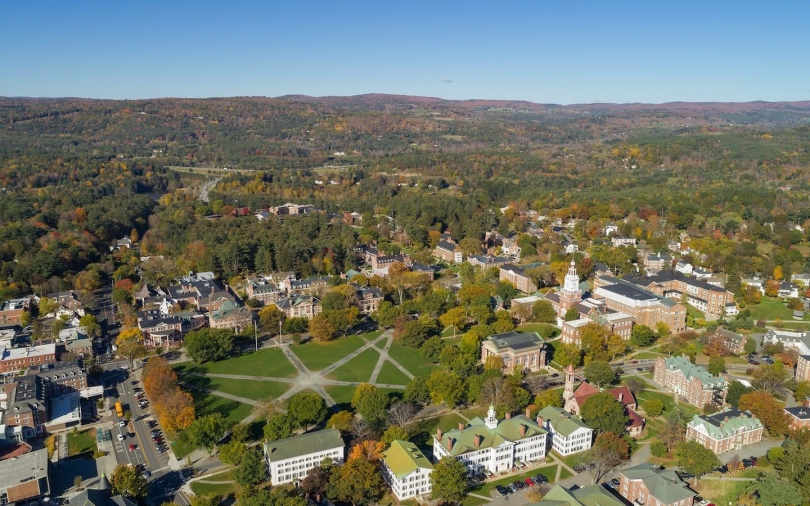
Advice for Applicants: Maximizing Your On-Campus Visits
Visiting college campuses can be both exciting and overwhelming. With so many schools to consider, it can be challenging to gather all the necessary information and keep track of what to look for during each visit. As an international applicant who applied during the COVID-19 quarantine period and missed out on in-person tours, I realized there are several key aspects I wish I had known. In this post, I'd like to share some advice on how to make the most of your campus tours.
1. Plan and Prepare
Registering for a guided tour in advance helps you to get the full experience. Many schools offer tours paired with informational sessions, which can provide valuable context about the institution's values, resources, and academic offerings. These sessions often answer common questions and set the stage for your visit. Before you step foot on campus, do some research. Understand the school's programs, extracurricular activities, and campus layout. Preparing questions in advance will help you get the most out of your visit.
Comfort is also a key when exploring a campus, so check the weather forecast and dress accordingly. Wear comfortable shoes, as you'll likely be doing a lot of walking.
2. Engage with the Campus Community
One of the biggest advantages of a campus tour is the ability to interact directly with the students and faculty working there. Don't hesitate to ask tour guides personalized questions about class sizes, faculty accessibility, the party scene & social life, sports culture, and the general vibe of the campus to see if it aligns with your preferences.
If you have specific academic interests, consider emailing faculty members in those fields before your visit. It would be extra helpful if you are able to meet them during your tour to gain deeper insights into academic resources and opportunities.

3. Explore Beyond the Guided Tour
While the official tour will cover many aspects of the campus, taking the time to explore on your own can provide additional valuable insights. It's essential to visit key facilities like libraries, dorms, dining halls, labs, and even art studios, music practice rooms, and sports facilities. These are the places where you will spend most of your time during college, and seeing them firsthand can help you gauge how comfortable you will be living and studying there.
Additionally, take the opportunity to explore the neighborhood around the campus. Assess local stores, restaurants, safety, transportation options, and the overall environment. This is particularly important for schools located in more remote areas, like Dartmouth, where students stay on campus during weekends. Understanding the local amenities and activities available can help you determine how you'll stay entertained and engaged during your time there.

















